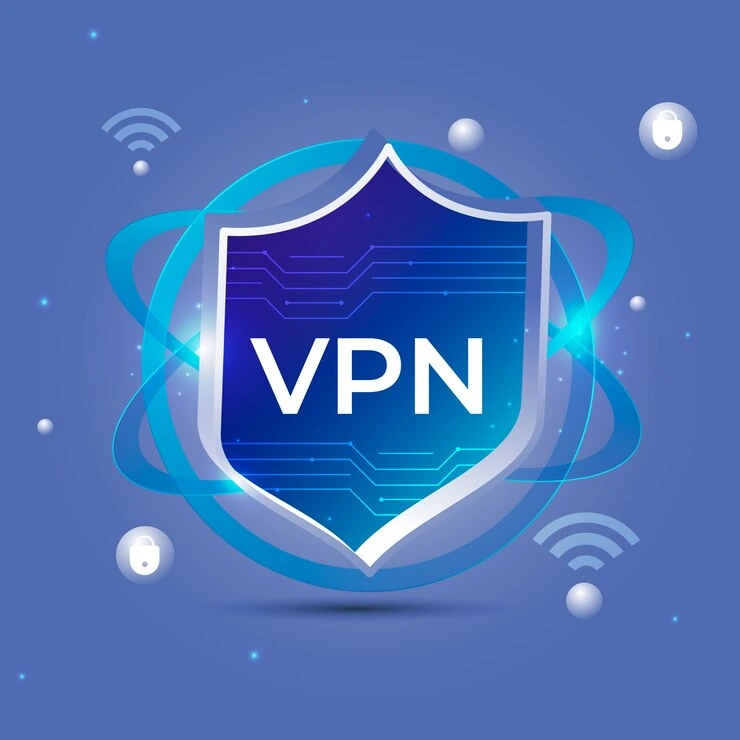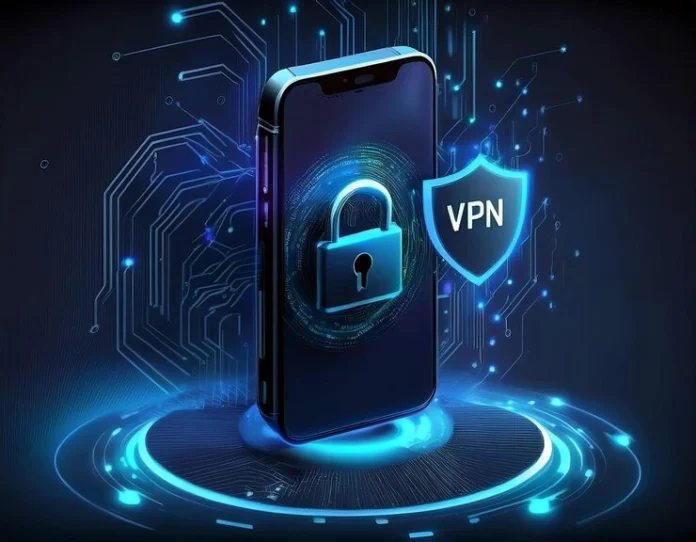In an era where digital footprints matter more than ever, safeguarding our online presence has become a priority. Hackers, data breaches, government surveillance, and geo-restrictions threaten our online privacy and security.
With the surge in cyber threats, the use of Virtual Private Networks (VPNs) has gained unparalleled significance.
In this blog post, we will explain why is VPN usage becoming necessary and how to choose the right VPN.
What is a VPN?

At its core, a Virtual Private Network (VPN) encrypts your internet connection, rerouting it through a secure server, thereby masking your IP address and online activity.
Think of it as a private tunnel in the vast online landscape, shielding your data from prying eyes.
In this digital age, privacy is a luxury often compromised. Cybercriminals are constantly developing new ways to access sensitive information, making the use of VPNs an essential choice.
Whether you’re browsing on public Wi-Fi, accessing sensitive work documents, or simply streaming your favorite shows, a VPN acts as a protective cloak, ensuring your online activities remain private and secure.
Why Use a VPN?
Enhanced Security: VPNs encrypt your data, making it unreadable to hackers or anyone trying to intercept it.
This is especially crucial when using public Wi-Fi networks in cafes, airports, or hotels where your connection might be vulnerable.
Privacy Protection: ISPs and websites often track and collect user data. A VPN shields your online footprint by hiding your IP address, ensuring your browsing history remains private.
Bypassing Geo-Restrictions: Accessing content or websites restricted in certain regions becomes possible with a VPN.
By connecting to servers in different countries, you can bypass such restrictions and explore content without limitations.
Remote Work Security: With the rise of remote work, VPNs play a pivotal role in securing sensitive business data.
They create a secure tunnel for employees to access company resources while working remotely.
Surfshark’s VPN free trial is a helpful way to experience firsthand how a VPN works without commitment, enabling you to understand its benefits and how it fits your needs.
How to Choose the Right VPN?
Choosing the right VPN can depend on various factors, so here are some key considerations to help you pick the best one for your needs:
- Security and Privacy Features: Look for strong encryption protocols (like AES-256), a no-logs policy, and features like a kill switch that protects your data if the VPN connection drops.
- Server Network: Consider the number of servers and their locations. More servers in diverse locations can provide better access to geo-restricted content and faster speeds.
- Speed and Performance: Some VPNs can slow down your internet speed. Check for VPNs that offer good performance by reading reviews or using free trials to test their speed.
- Compatibility and Simultaneous Connections: Ensure the VPN is compatible with your devices and operating systems. Also, check how many devices can be connected simultaneously with one subscription.
- User-Friendly Interface: A user-friendly interface makes it easier to navigate and use the VPN’s features. Look for intuitive apps and setup processes.
- Customer Support: Good customer support is crucial. Look for 24/7 live chat support, FAQs, or resources to troubleshoot any issues.
- Price and Plans: Compare prices and subscription plans. Sometimes, a higher price might mean better service, but that’s not always the case. Look for discounts or money-back guarantees.
- Reviews and Reputation: Read user reviews and expert opinions. Consider the VPN’s reputation in terms of reliability, trustworthiness, and performance.
- Additional Features: Some VPNs offer extra features like ad-blocking, split tunneling, or specialized servers for streaming or torrenting. Consider what additional features you might need.
- Trial Period or Money-Back Guarantee: Opt for VPNs that offer a free trial or a money-back guarantee. This allows you to test the service before committing long-term.
In our opinion, ExpressVPN, NordVPN, and Surfshark provide robust security features, user-friendly interfaces, and diverse server networks.
Remember, the “right” VPN for you depends on your specific needs and preferences. Prioritize what matters most to you, whether it’s privacy, streaming capabilities, torrenting support, or something else.
Read Also: Chromecast Remote not Working? Here’s the Solution
Wrapping Up
As our digital footprint expands, so do the risks associated with it. VPNs serve as an essential tool in safeguarding our online presence.
From ensuring privacy and security to enabling access to unrestricted content, their importance in today’s digital landscape cannot be overstated.
In a world where data is currency, investing in a VPN isn’t just a precautionary measure; it’s a necessity.
As we navigate the digital waters, let’s do so with the added layer of protection a VPN offers, securing our digital existence in an increasingly interconnected world.



